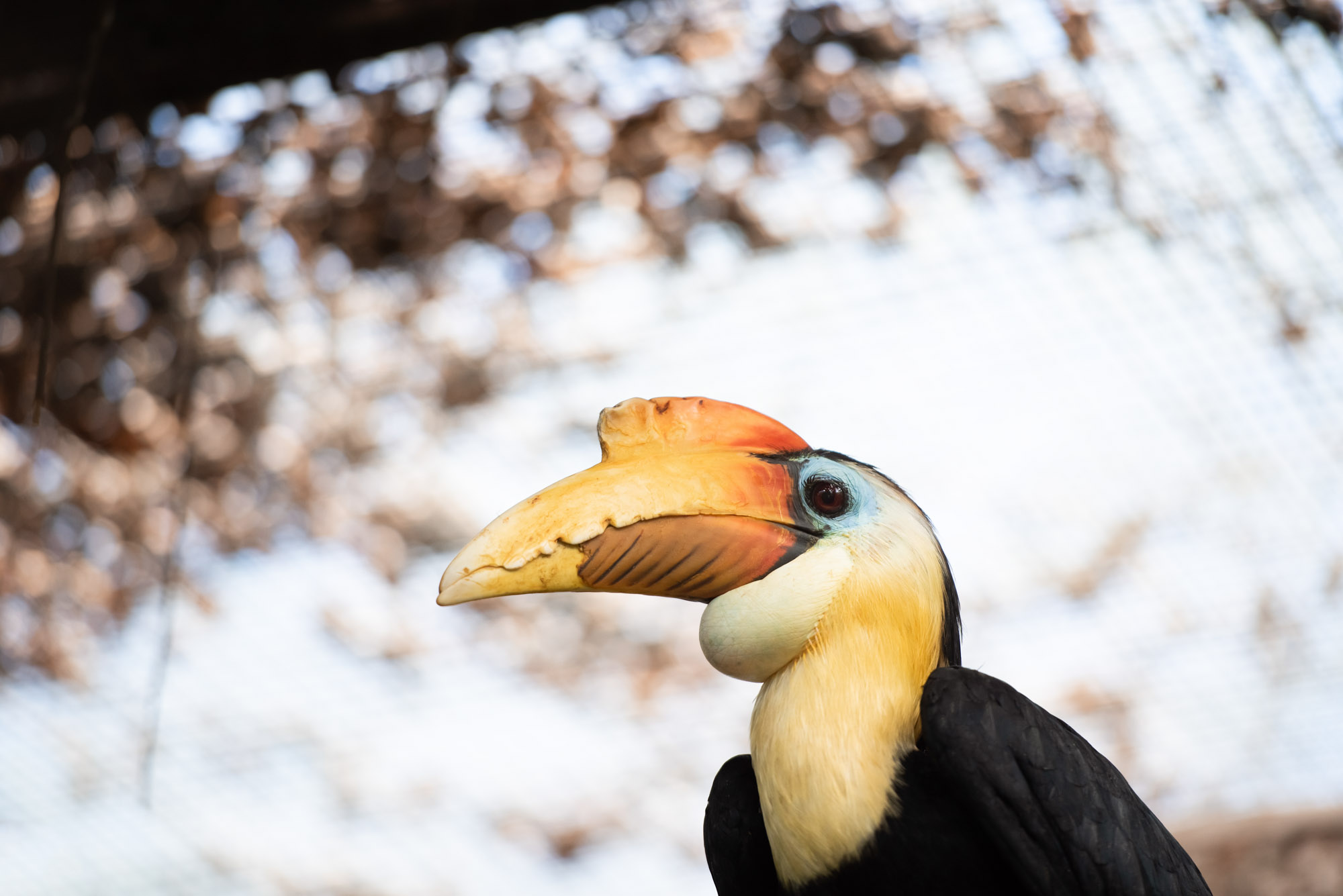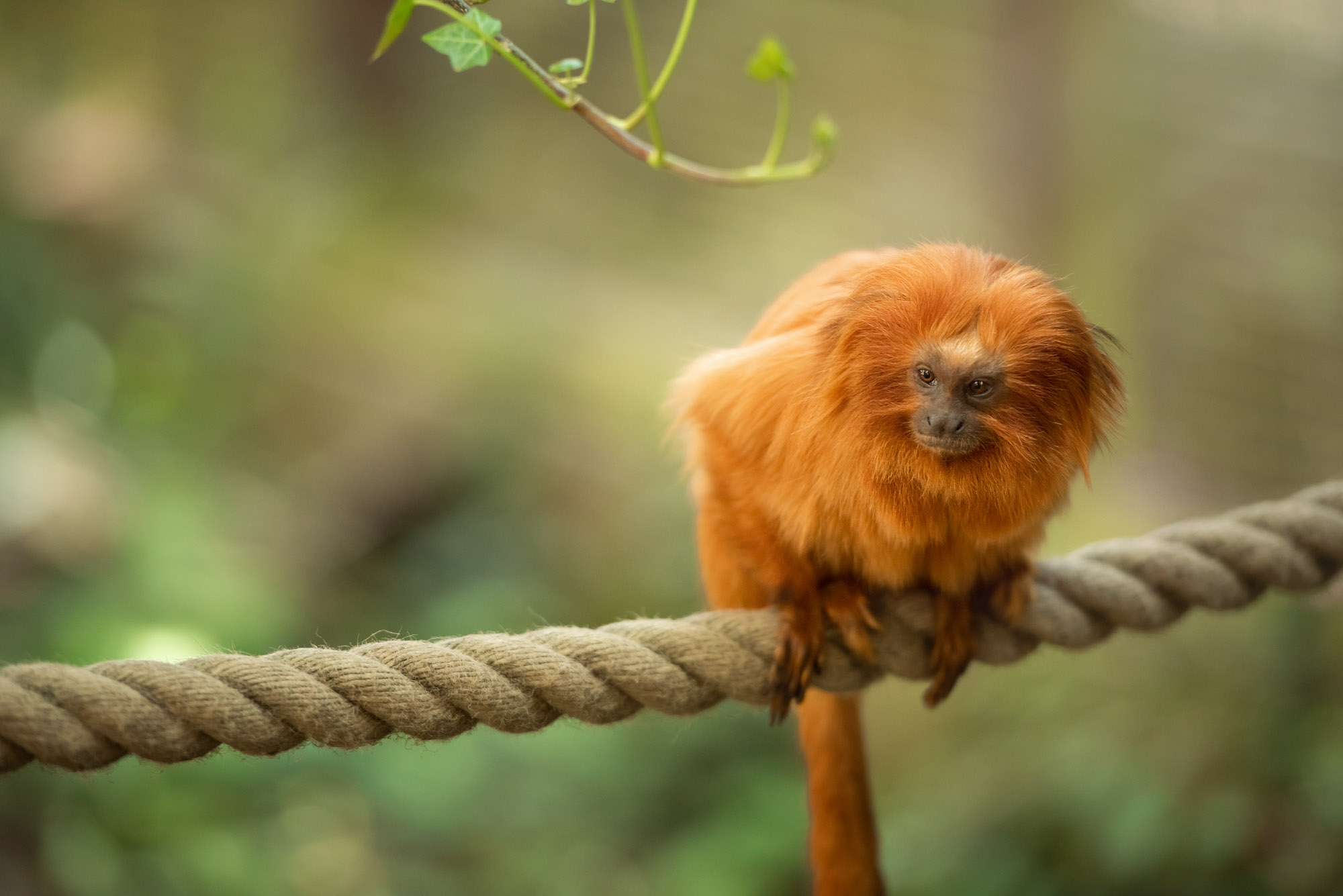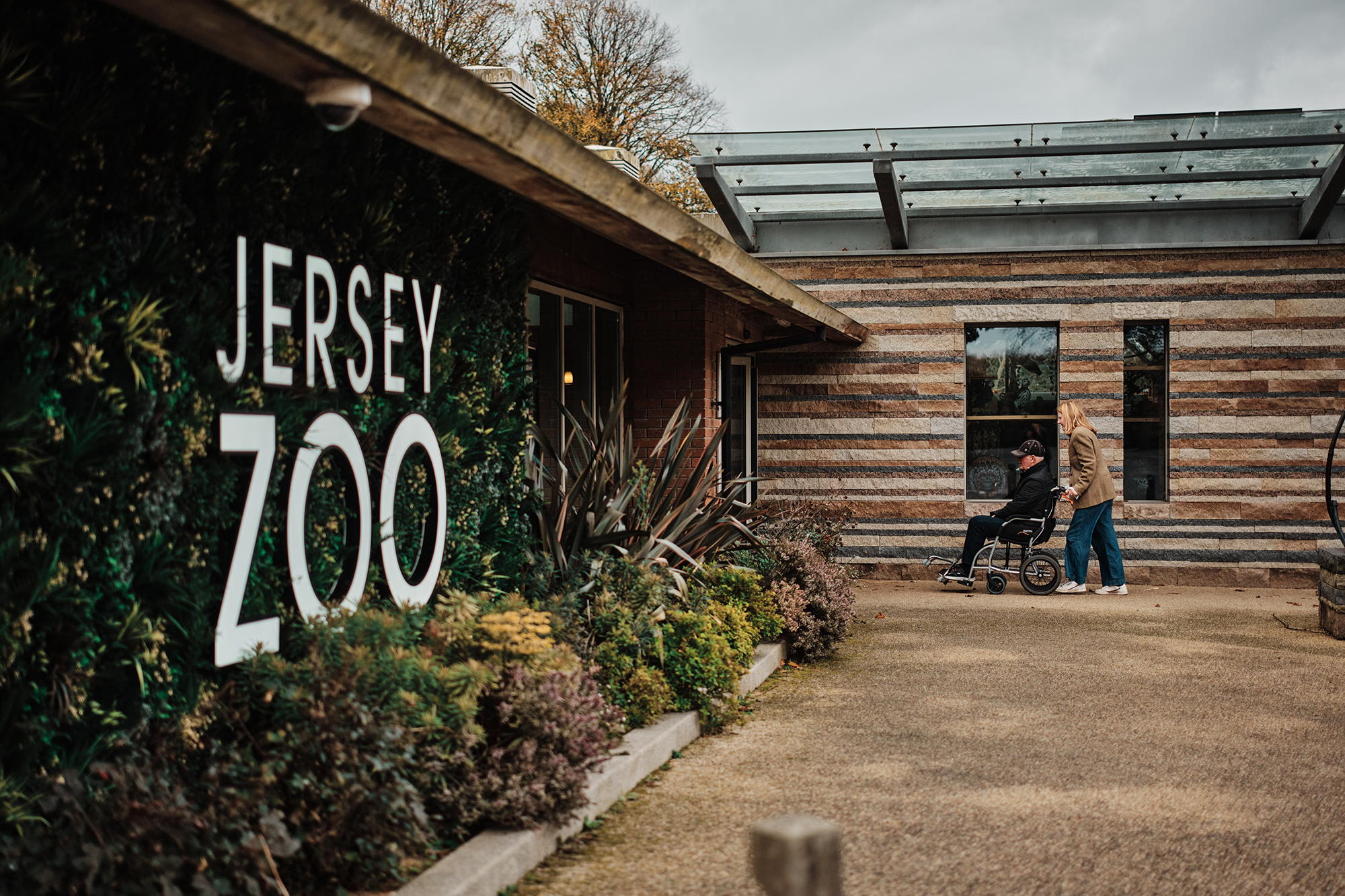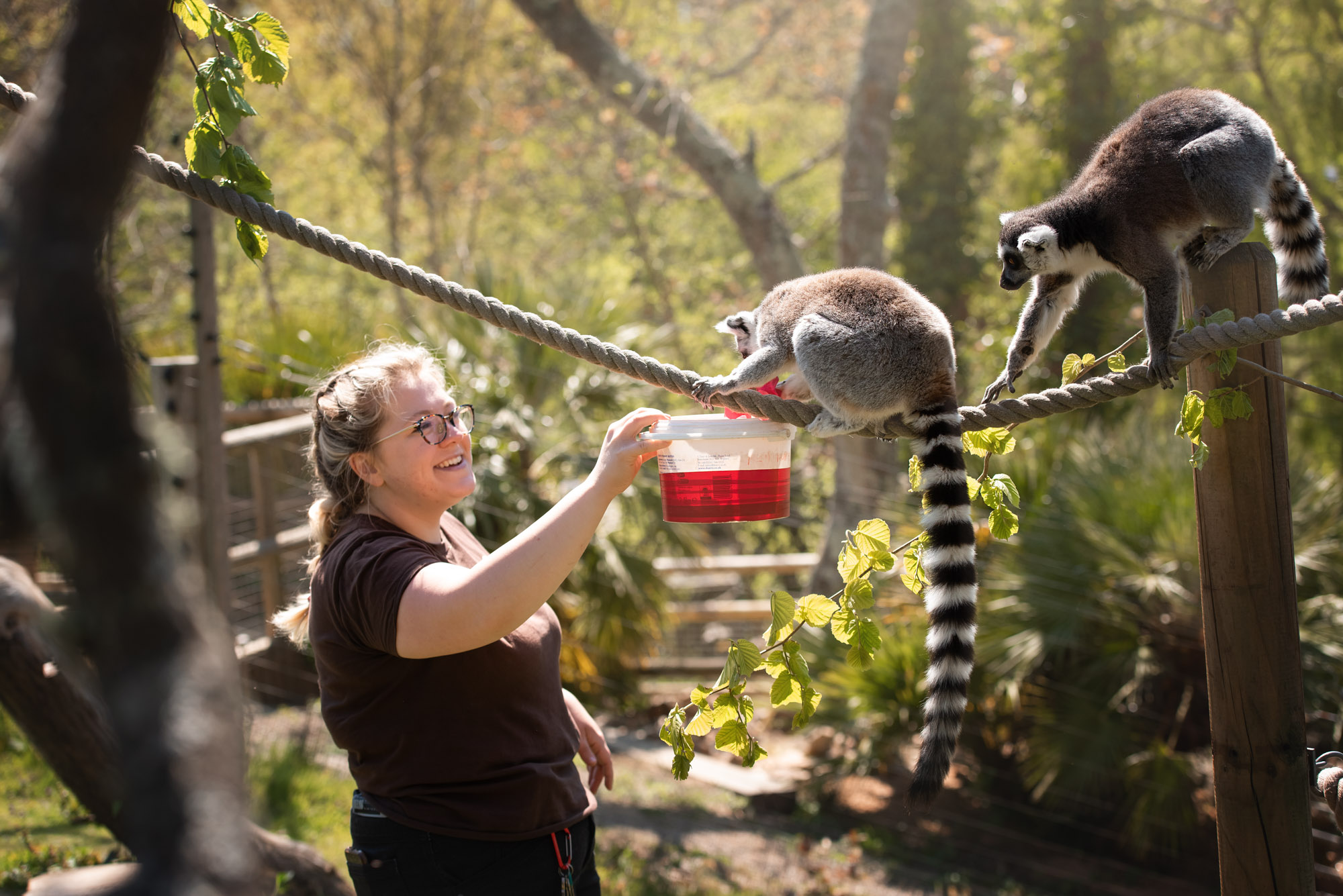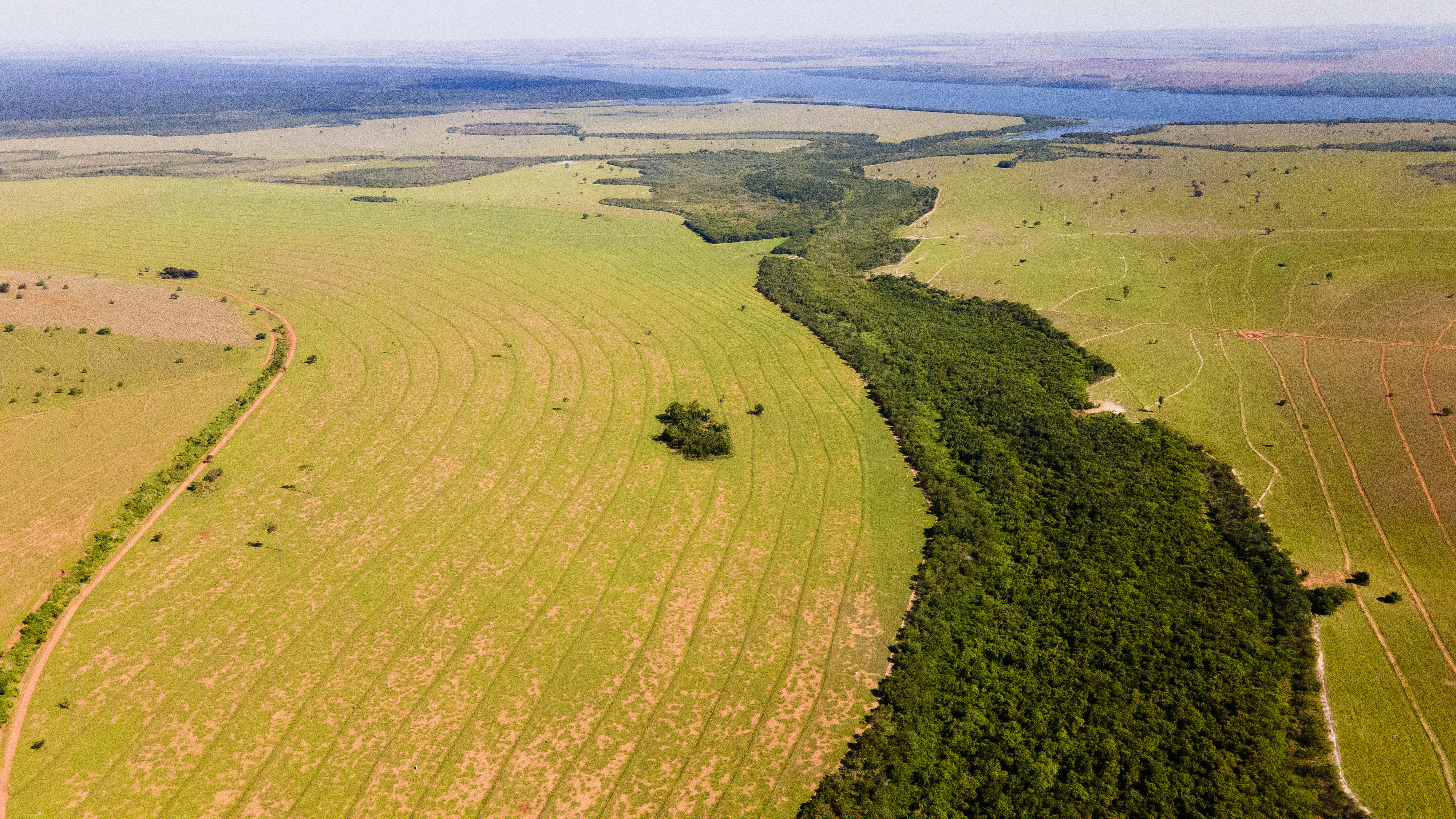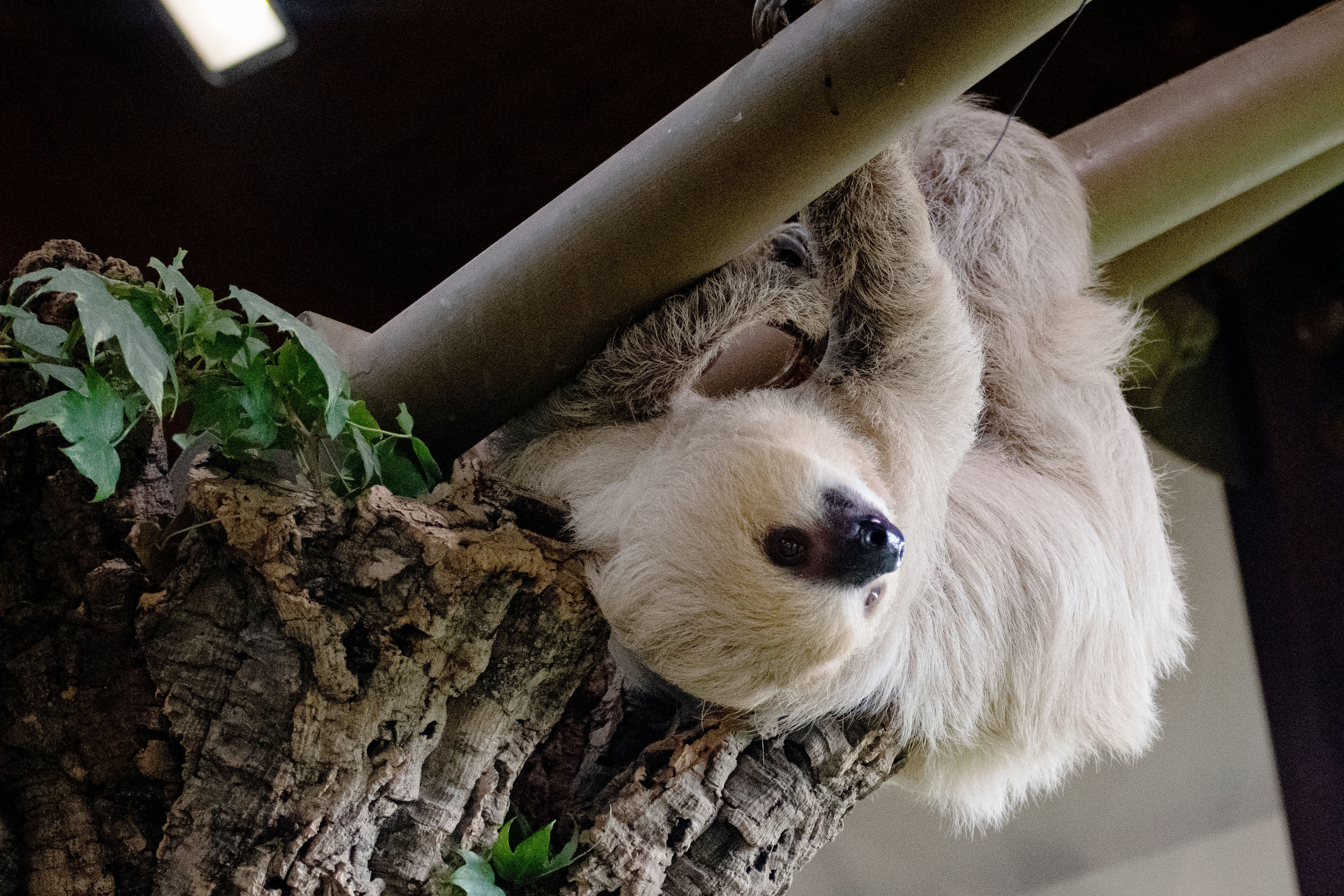Supporting one of the most threatened and diverse ecosystems in the world
Amy Bompas is Durrell’s Rewild Carbon lead and field programme manager for Brazil. She recently travelled to Brazil to spend time on the ground with our local conservation partners and see first-hand the impact of Durrell’s work.

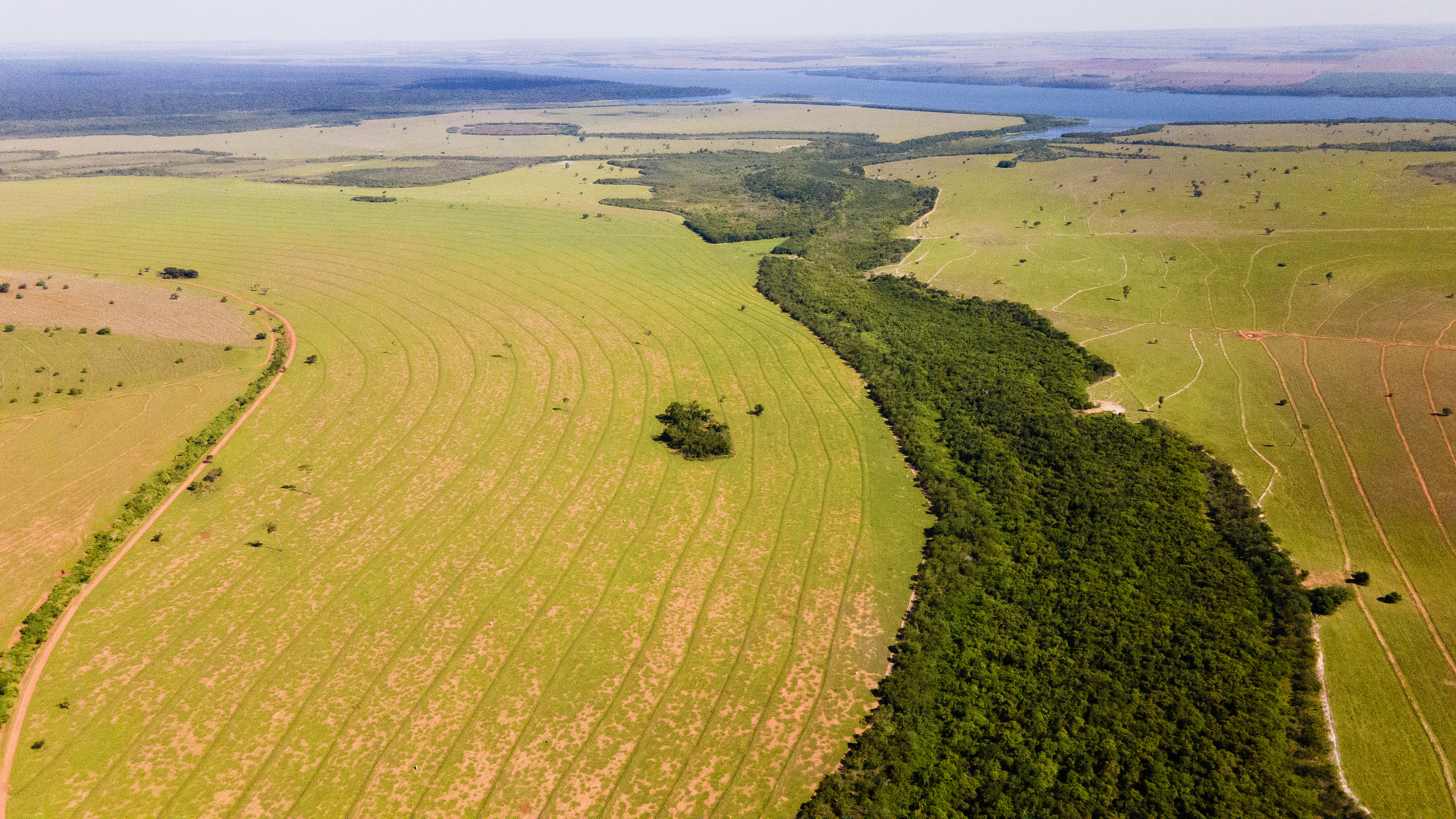
Durrell has been working in Brazil for over 30 years, together with our local conservation partners Instituto de Pesquisas Ecológicas (IPÊ).
The Atlantic Forest, which extends along the Atlantic coast of Brazil and inland as far as Paraguay and northern Argentina, is one of the most threatened and diverse ecosystems in the world. The area where we work is estimated to be home to over 100 native species of mammals, 439 species of birds and 30 species of amphibians, with many of these species found nowhere else on Earth.
Unfortunately, much of the forest has been lost to intensive farming and pasture, with only around 6% of the interior forest remaining today in scattered fragments. Each hectare of mature, healthy forest can sequester hundreds of tonnes of CO2, meaning the destruction of the Atlantic Forest not only threatens its inhabitants but also worsens the effects of climate change for the entire planet.
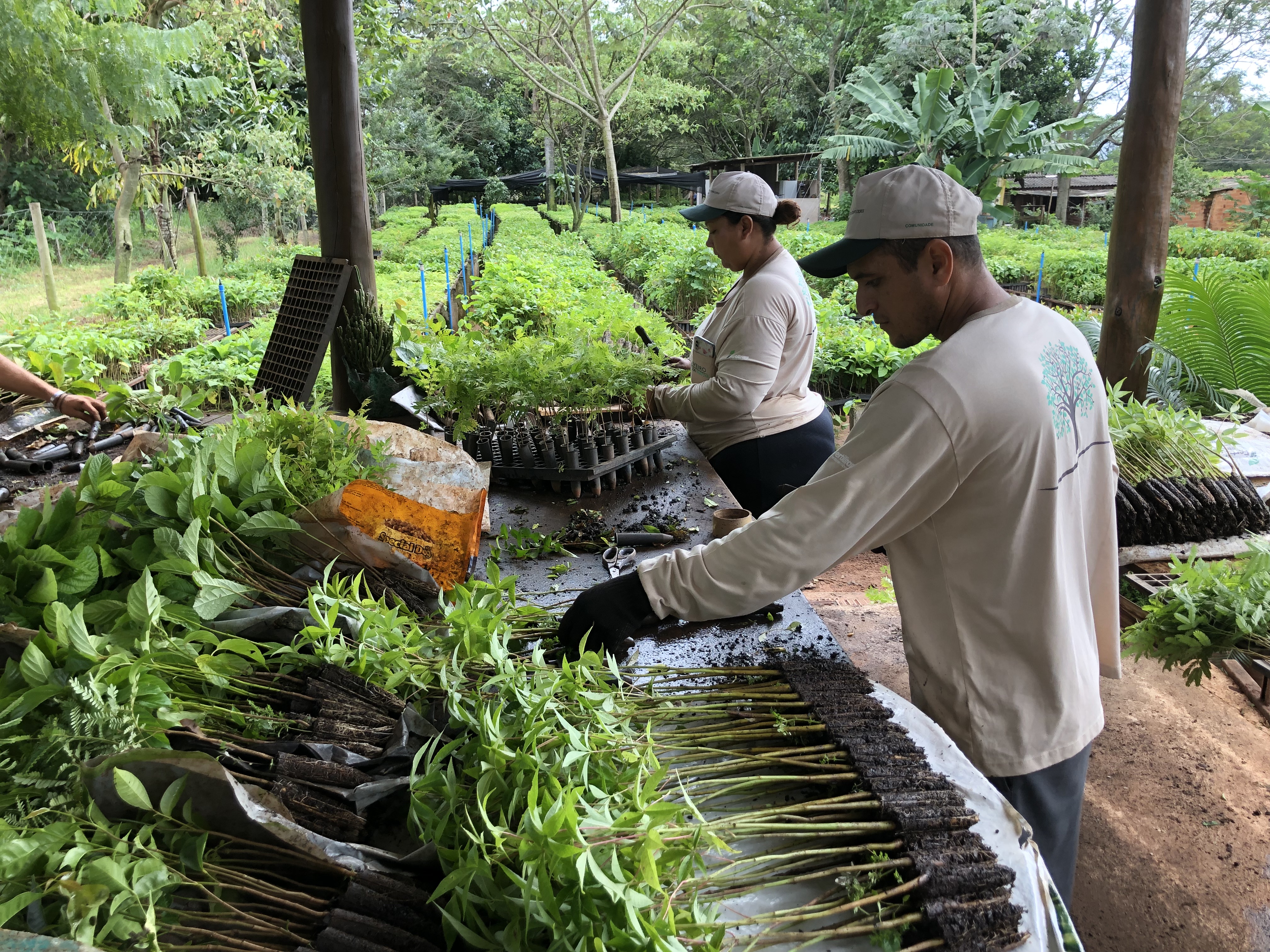
With our partners IPÊ, we have been planting tree corridors to reconnect areas of forest. These tree corridors provide an essential lifeline for threatened species, such as black lion tamarins, tapirs and giant anteaters, by increasing connectivity and expanding their habitat area.
Over the past three years, over 200 hectares of young forest have been planted by Durrell as part of a larger reforestation project. During my visit I was fortunate enough to visit these areas and see first-hand the impact we have made.
Walking through a tree corridor I saw toucans sitting in the branches of trees 5 metres tall. It was difficult to believe that I helped plant these trees only 18 months ago - thanks to our supporters, we really can make a difference.
We also support the local community as part of our project, and they are closely involved in reforestation. Sourcing seeds, growing seedlings, planting trees and maintaining the young forest all create opportunities for training and sustainable employment in the region.
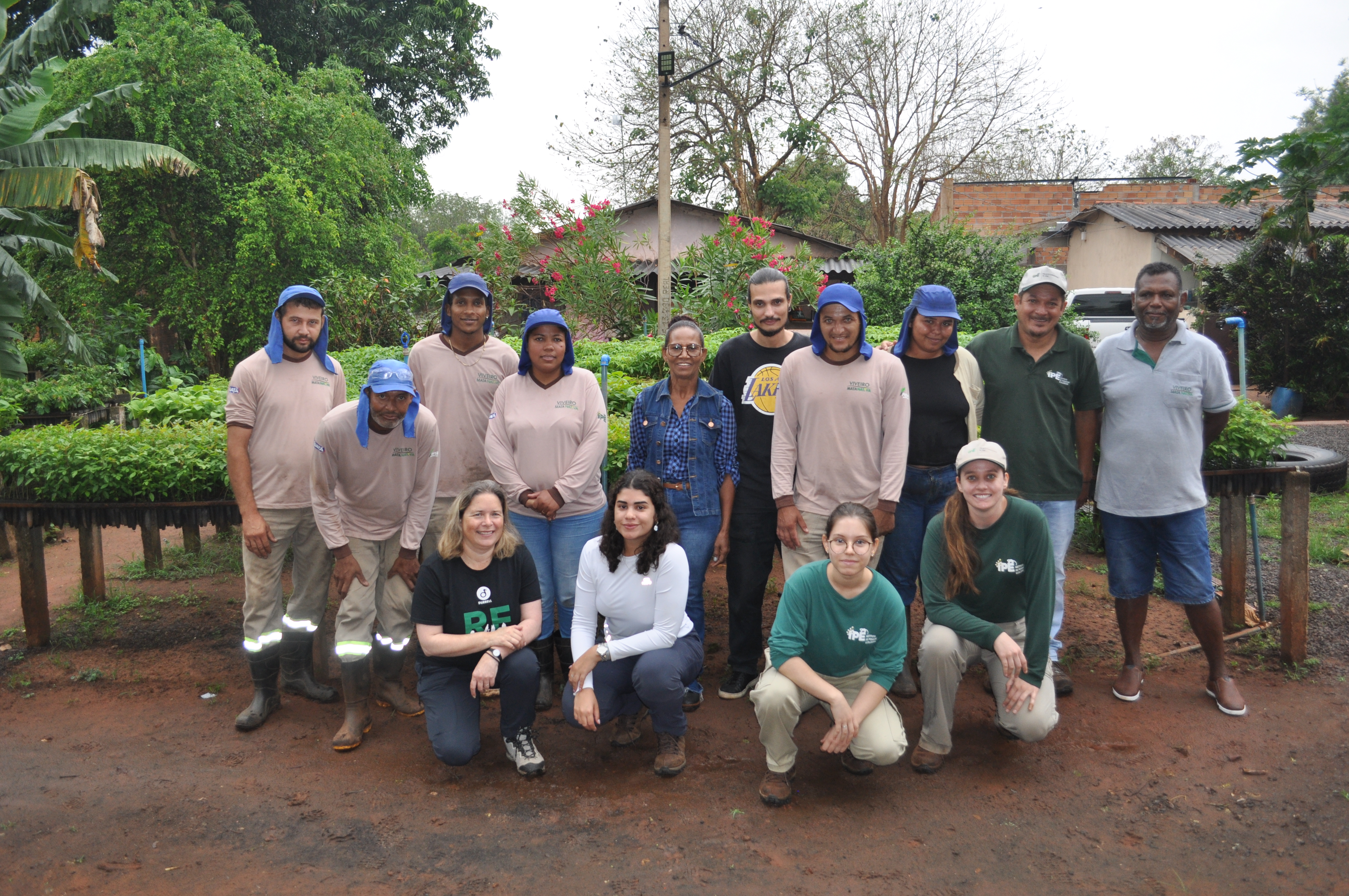
Meeting the people whose lives have benefitted from this project and hearing their stories, I realise there is hope. We have achieved so much here, together with our partners, and there is so much more we can achieve.
Thanks to the many people and businesses who support our work, we really are making a meaningful difference in Brazil. I am optimistic that we can continue to build on what we have achieved so far and breathe life back into the regions where we are working – so that the wildlife and communities can thrive once again.
Recycling your aluminum cans at Jersey Zoo is one of the ways in which you can help support our work in Brazil. Businesses are also able to manage their carbon impact as part of our Rewild Carbon programme. Please get in touch if you would like to find out more: rewild.carbon@durrell.org

